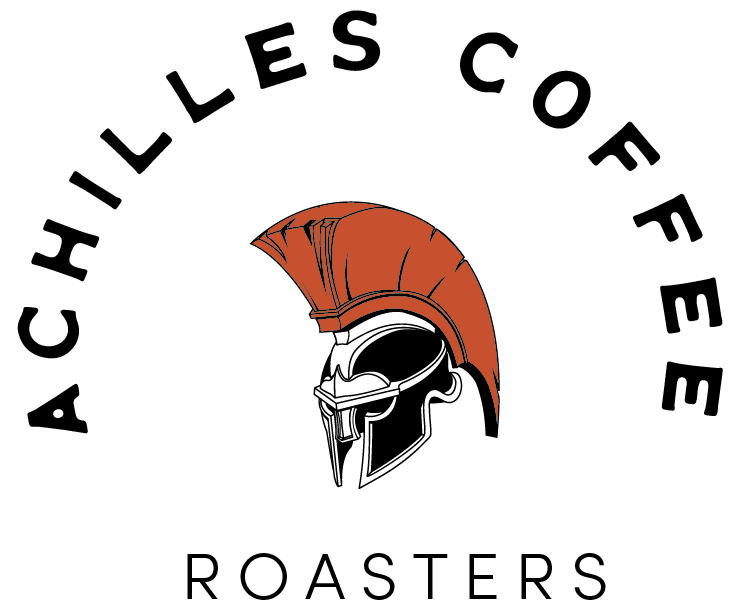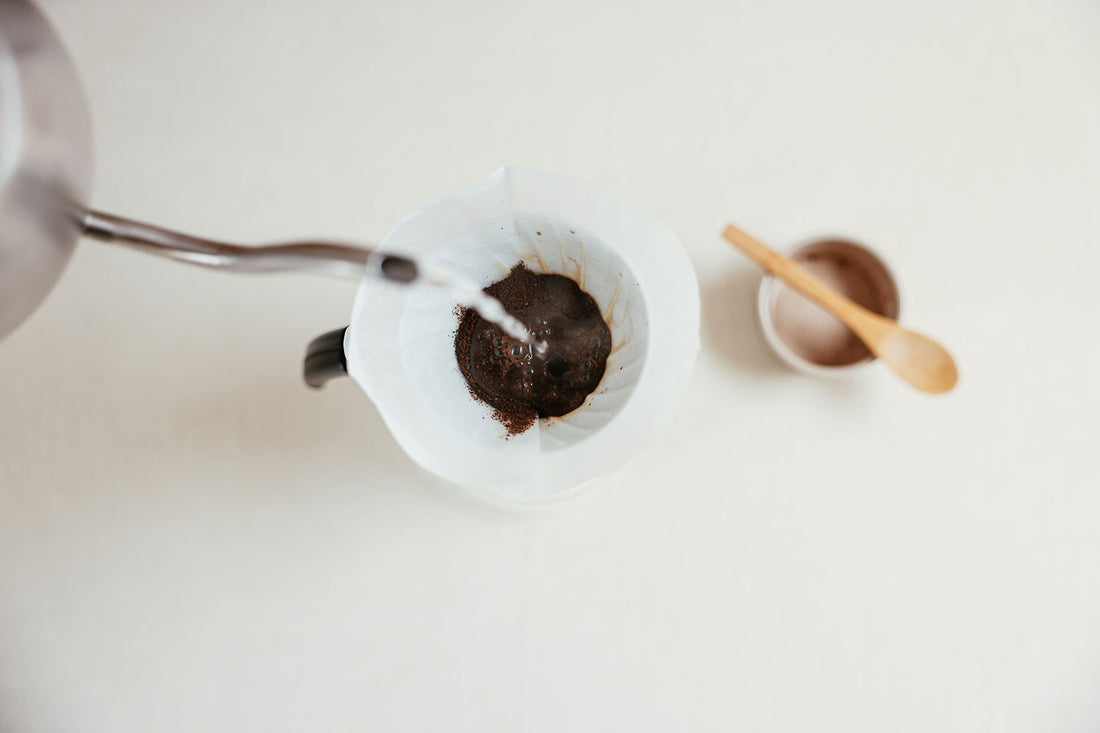Brewing a great cup of coffee requires both experience and knowledge. Here are some coffee brewing tips to help you enhance your coffee experience and create an exceptional brew.
Selecting High Quality Coffee Beans

When we talk about quality, we specifically refer to beans sourced from small batch roasters who adhere to a standardized cupping (tasting) scale, typically scoring above 80 out of 100 as set by esteemed organizations like the Specialty Coffee Association (SCA). We suggest seeking out these roasters and purchasing beans directly from their shelves or websites. Of all of our coffee brewing tips this is the most important, it is important to start with good coffee.
Ensuring Freshness
There is ongoing debate regarding what constitutes freshness in coffee. Our recommendation is to look for a roast date that falls within the range of 2-6 weeks. However, if the coffee is packaged in a sealed bag with a two way valve, it can maintain its freshness well beyond the 6 week mark. In fact, we have brewed outstanding cups of coffee using bags that were on the shelf for over 90 days since the roast date. In most cases, we prefer a coffee that is 60 days old rather than one that is just 48 hours old, as this resting period tends to bring out more pronounced flavor profiles.
Coffee Grounds
To maintain freshness, it is recommended to grind your coffee just before brewing. It is also important to use a high quality burr grinder that ensures a consistent grind.
A burr grinder operates by utilizing two rotating abrasive surfaces (burrs) to grind the coffee beans in small batches. The primary advantage of using a burr grinder is that it produces uniformly sized coffee particles. The size of the grind should be adjusted based on your chosen brewing method, such as coarse for French press or medium fine for pour over.
For every 12 ounces of water used, a general guideline is to use between 20-25 grams of coffee. To ensure accurate measurement, employing a kitchen scale can be quite helpful. Of course, feel free to adjust this ratio according to your personal taste preferences.
Best Water for Coffee
When it comes to water, using clean and filtered water is crucial as tap water can contain impurities that affect the taste of the coffee. At our cafes, we utilize reverse osmosis (RO) water to maintain optimal levels of total dissolved solids (TDS). Don't use distilled or overly purified water since they might not have the minerals that enhance the flavor of your coffee.
The ideal temperature for brewing coffee is approximately 200°F; however, it does not need to be extremely hot. In fact, as the temperature cools down to around 180°F, you may find the tasting notes begin to change, often they become more pronounced.
Allow Your Coffee to Bloom
Before fully brewing your coffee, try wetting the grounds with hot water and waiting for around 30 seconds for the coffee to ‘Bloom’, especially when using pour over or Aeropress methods. This helps release gases from the coffee, resulting in a better extraction.
Brew Time Tips
To ensure consistency, it's helpful to use a timer and find the extraction time that suits your preferences. Generally, a brewing time of 3-4 minutes is considered ideal for achieving a well balanced extraction. However, the perfect brew time may vary slightly based on individual taste preferences and the specific type of coffee beans being used.
When using methods like pour over brewing, make sure to evenly saturate your ground coffee to ensure uniform extraction throughout. This will contribute to a more consistent and flavorful cup of coffee.

Make Notes About Your Coffee
To improve your overall coffee experience, it's beneficial to take notes on variables such as grind size, water temperature and brewing time. By adjusting one variable at a time and observing its impact on taste, you can determine what works best for your personal preferences. Additionally, keep in mind that naturally processed coffees may extract differently compared to other types of processing methods. Taking notes will allow you to adjust your brewing technique accordingly based on the specific characteristics of each coffee variety.
Coffee Storage
For optimal freshness and flavor preservation, store whole coffee beans in an airtight container away from light, heat, and moisture.
Contrary to popular belief, storing coffee in the fridge or freezer can introduce moisture and negatively affect its flavor, so we do not recommend this practice.
Keep in mind that everyone has their own preference for the perfect cup of coffee. These coffee brewting tips can serve as a starting point, but ultimately, the best cup is the one that brings you joy. Happy brewing!








